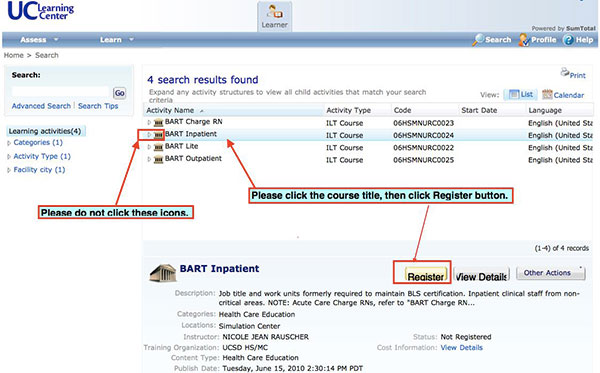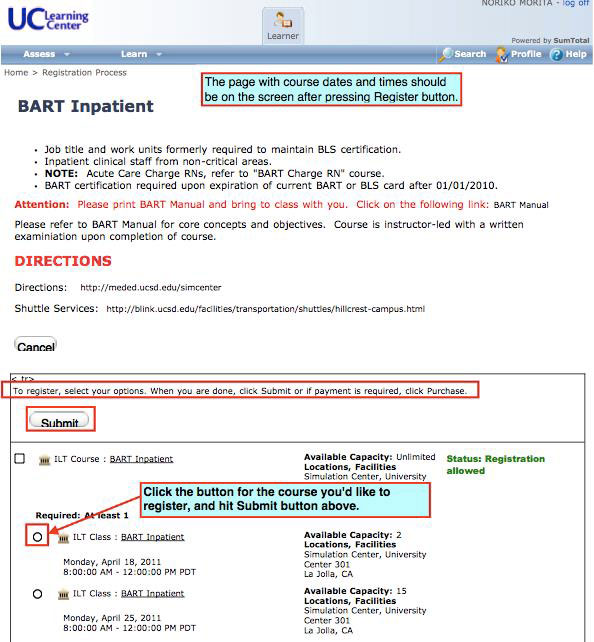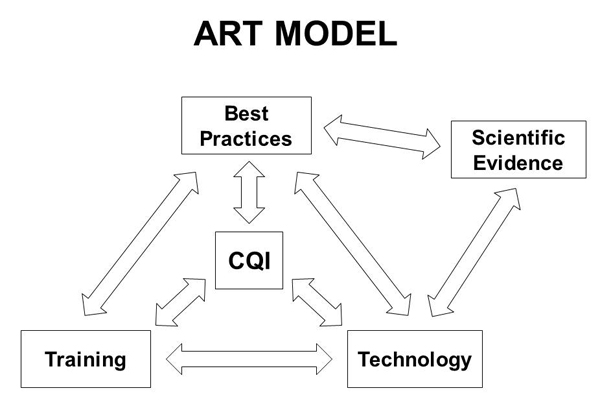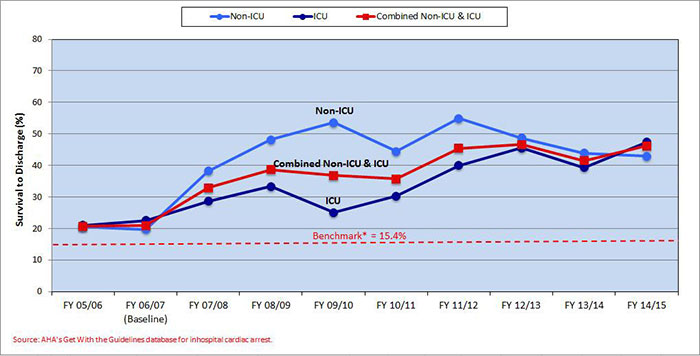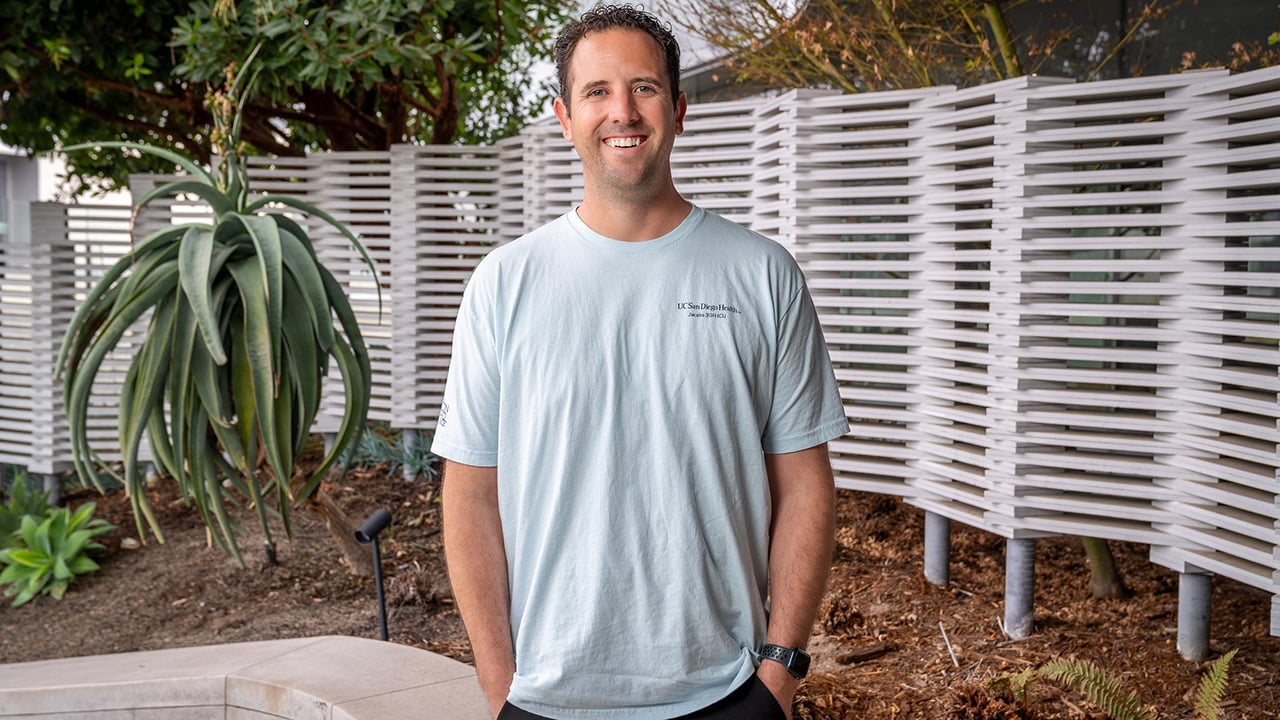Advanced Resuscitation Training (ART)
The mission of ART at the UC San Diego Center for Resuscitation Science (CRS) is to integrate cutting-edge research, education, and clinical leadership in order to improve resuscitation practices and patient outcomes, in and out of the hospital.
Our team of experienced educators trains more than 3,000 health care providers annually.
The UC San Diego Center for Resuscitation Science has developed numerous innovative training programs for hospital providers, EMS personnel, and laypeople. The training adapts to the unique needs of individual institutions and various providers.
About the Training Program
Advanced Resuscitation Training (ART) is a comprehensive program that integrates resuscitation training, performance improvement, critical procedures, and in-hospital patient safety initiatives. ART employs a broad definition of "resuscitation" to include patient surveillance/monitoring, critical care, intra-arrest, and post-resuscitative care. In addition, ART empowers health care providers of all disciplines by creating a "culture of resuscitation" that enhances patient safety.
In the hospital, we have decreased cardiac arrest incidence by more than 50 percent and more than doubled survival for remaining victims. This has resulted in a decrease in arrest-related deaths by more than 75 percent and it reduced overall hospital mortality by 20 percent.
In the out-of-hospital environment, our training improved performance of critical resuscitation skills, including CPR and endotracheal intubation, doubled survival-to-hospital admission from cardiopulmonary arrest in air- and ground-paramedic units.
The ART program is designated as the Best Practices Model by the Joint Commission and has been recognized by the Society of Hospital Medicine and National Association of Public Hospitals.
Training Facility
Simulation technologies are increasingly important in medical education and training. To support and expand this trend, the UC San Diego Division of Medical Education has opened a new Simulation Training Center equipped with a Laerdal SimMan 3G and variety of "partial task trainers" and diagnostic/monitoring equipment.
CRS Research Efforts
From cell cultures and animal models of brain injury and cardiopulmonary arrest, to clinical trials involving people both in and out of the hospital, UC San Diego Health’s Center for Resuscitation Science is internationally recognized as a leading contributor in the field of resuscitation science.
CRS Program Accomplishments
Since the program began in 2008, we improved the following:
Hospital mortality has decreased 20 percent.
Cardiopulmonary arrest survival has doubled and is currently more than twice the national average.
Neurologically intact arrest survival rates have tripled in non‐ICU patients. The incidence of non‐ICU arrests have decreased by more than 60 percent.
ART FAQs
ART Supporters
The great potential to save additional lives with further expansion of our programs makes the UC San Diego Center for Resuscitation Science an attractive opportunity for philanthropy, both from individuals and corporations. The impact in just a few short years has been so profound that an investment in the center is essentially guaranteed to produce positive results.
Indeed, the dramatic improvements in outcome, both in and out of the hospital, and the universal nature of death and resuscitation would suggest that everyone is affected by the center’s work at some level.
Finally, our recognition as to the importance of end-of-life issues and ongoing exploration of the interface between science and spirituality are unique and represent a broader vision than other scientific organizations. This is perhaps best reflected by our motto "People should not die before they are done living."

